Jonathan Self: What I learned from the last garden hermit in Britain
Our columnist's rare time to himself causes him to reflect on his encounter with a man who had nothing but himself for company for years on end.

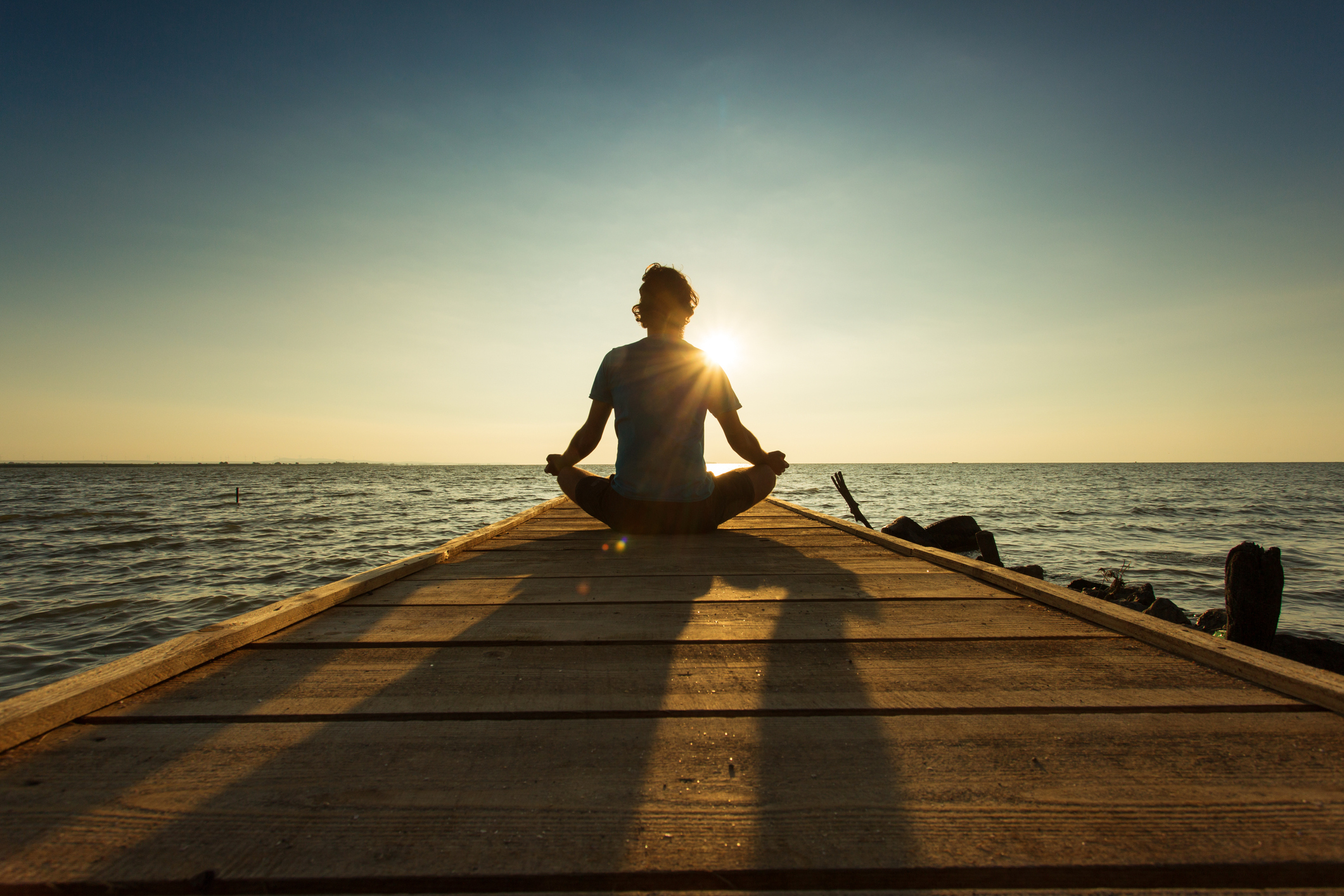
This week, for the first time in years, I am home alone. No beloved Rose. No beloved children. No beloved children’s friends sleeping on sofas and floors. ‘Happy the man,’ wrote Alexander Pope when he was only 12, ‘whose wish and care/A few paternal acres bound, /Content to breathe his native air,/In his own ground.’
Whatever. I am in more sympathy with what Samuel Taylor Coleridge wrote when he was 25: ‘Well, they are gone, and here I must remain,/This lime-tree bower my prison!’
The empty house reminds me of a time when I struggled with loneliness. Loneliness is one of those experiences, like depression, the memory of which continues to haunt long after it has been banished. It is not to be confused, of course, with solitude. Lonely people yearn for company, whereas solitary people yearn to escape it. Loneliness can drive someone to an early grave; solitude is life-enhancing. For my own part, I love solitude, something I attribute in part to spending a good deal of my youth in the company of a genuine hermit.
Peter, an ex-architect, was, perhaps, the last garden hermit in Britain. He himself traced his calling back to the 15th-century saint Francesco di Paola, who started his eremitic career modestly enough by living in a cave on his father’s estate, but ended up as hermit to the King of France. For, although Peter lived in a hut, grew his own vegetables and made his own clothes, his was essentially a paid position and his role in part ornamental. Although I only saw him when we were in the country — weekends and holidays — he exerted a huge influence over me.
"Solitude has been the privilege of the rich"
In particular, he taught me how to sit in silence, not a practice that comes to me naturally, and also how to meditate, which Peter believed self-indulgent if done to excess. How he would have disapproved of the current fashion for Vipassana, those 10-day, electronic-free, book-free retreats where one isn’t allowed to speak, write or even make eye contact.
He was not, however, without a sense of humour. On his front door, he pinned a description, dated 1784, of Sir Richard Hill’s resident hermit: ‘You pull a bell, and gain admittance. The hermit is generally in a sitting posture, with a table before him, on which is a skull, the emblem of mortality, an hourglass, a book and a pair of spectacles. The venerable bare-footed Father, whose name is Francis (if awake), always rises up at the approach of strangers. He seems about 90 years of age, yet has all his sense to admiration. He is tolerable conversant, and far from being impolite.’
Historically, of course, solitude has been the privilege of the rich. When my grandparents were born, only one in 100 lived alone; today, it is about one in three. This may account for the trend in wealthier countries for more and more people to retreat from society. In South Korea, for example, it has become such a problem that the government is paying the hikikomori (a Japanese term that literally means ‘those who pull back’) to leave their homes and seek help. This, bizarrely, in a country where the national ethos is ppalli-ppalli or hurry-hurry.
Exquisite houses, the beauty of Nature, and how to get the most from your life, straight to your inbox.
There has been quite a lot of ppalli-ppalli here with the family away. Determined to avoid sinking into solitary gloom, when not at my desk or walking the dogs, I have been working in the garden. As the Bard said: ‘One touch of Nature makes the whole world kin.’
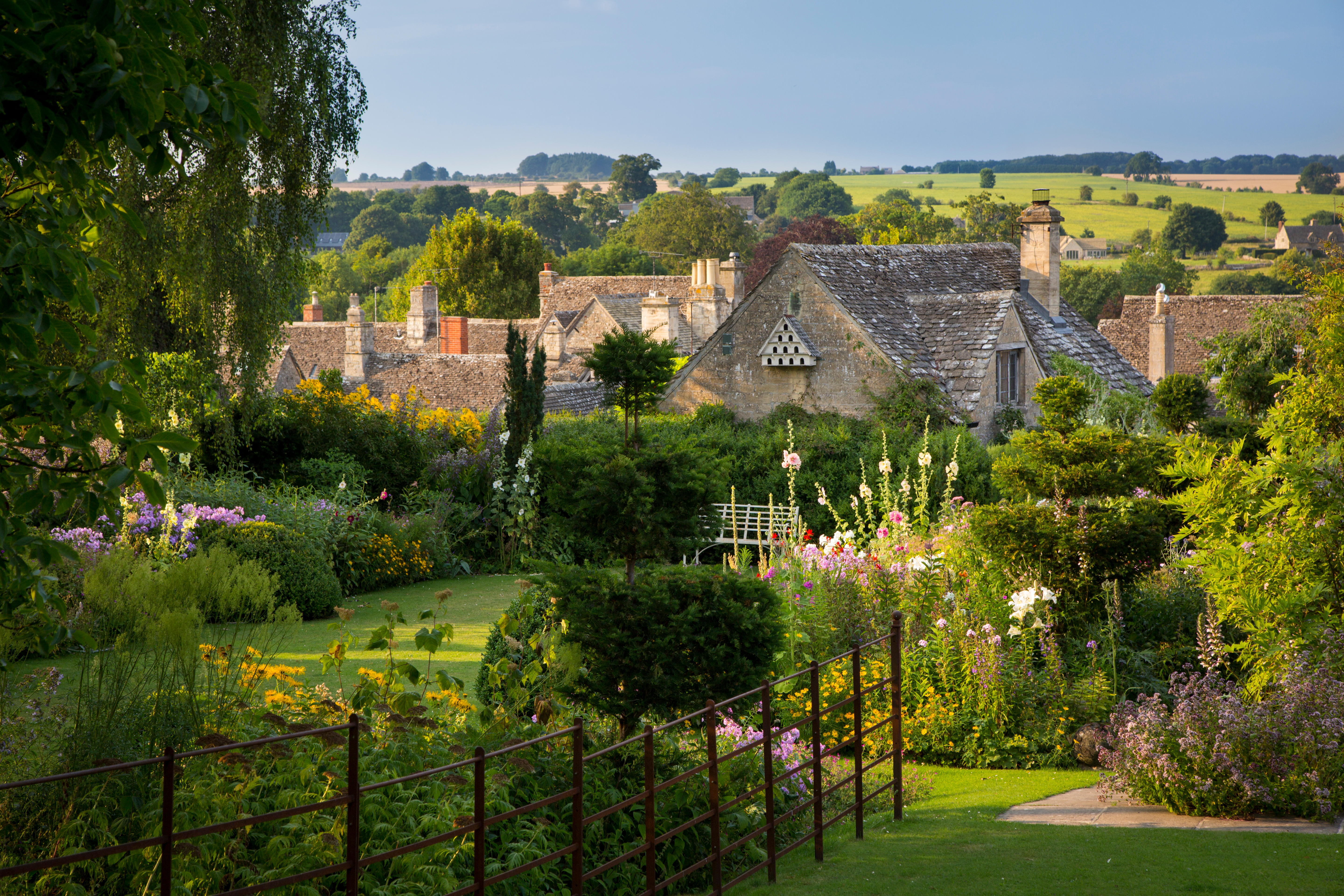
Jonathan Self: 'Tend your vines and crush the horror'
Jonathan Self has turned his eyes inward during social isolation – not just to his mental health, but to his garden.
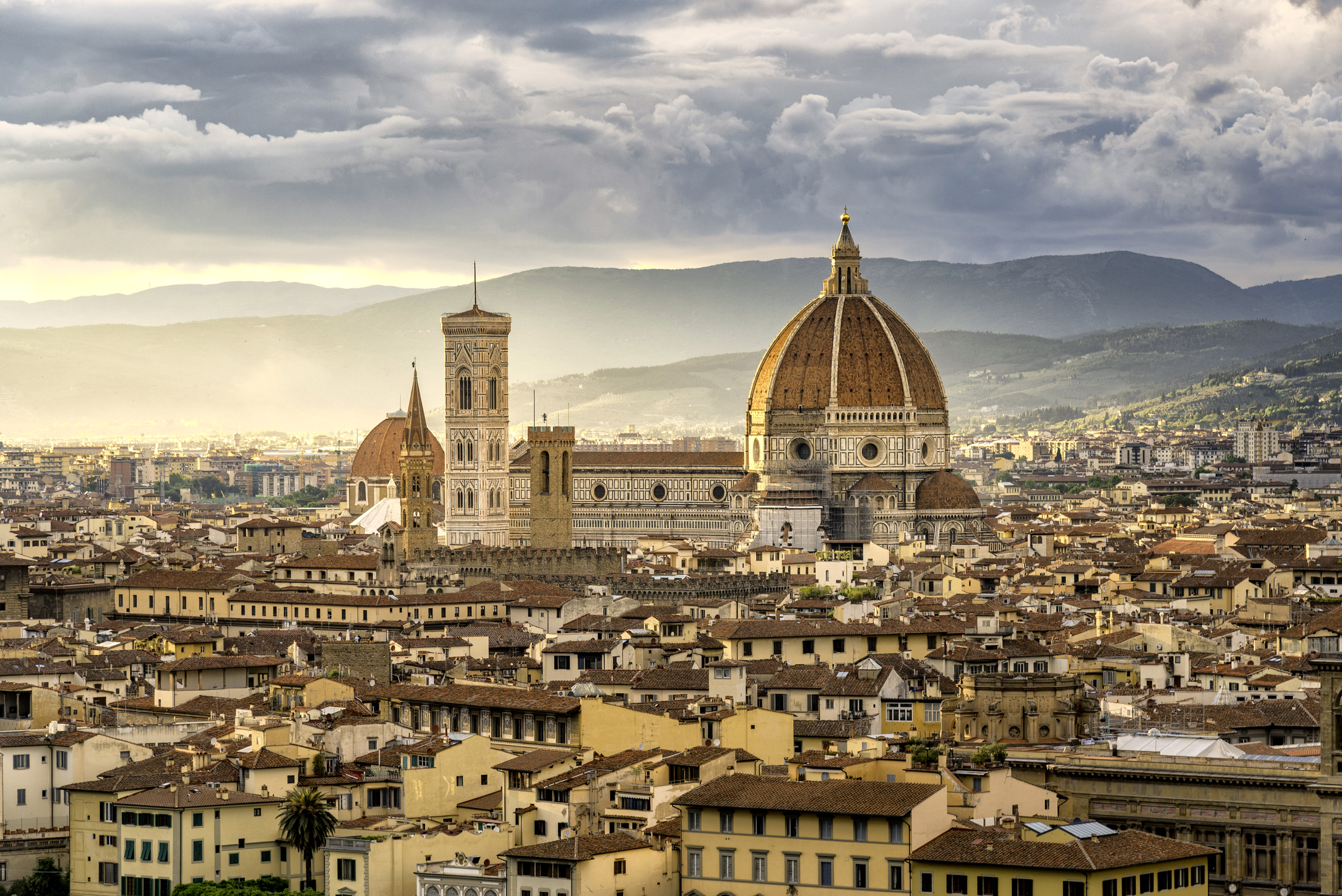
Jonathan Self: How do mosquitoes know when it's Easter?
The arrival of warmer weather heralds many joys — but also one very specific pain, as Jonathan Self grumbles.

Credit: Alamy
Jonathan Self: 'Town folk know pleasures, country people joys'
Live in a village and you'll live longer, says Jonathan Self — just be prepared for everyone to know your business.
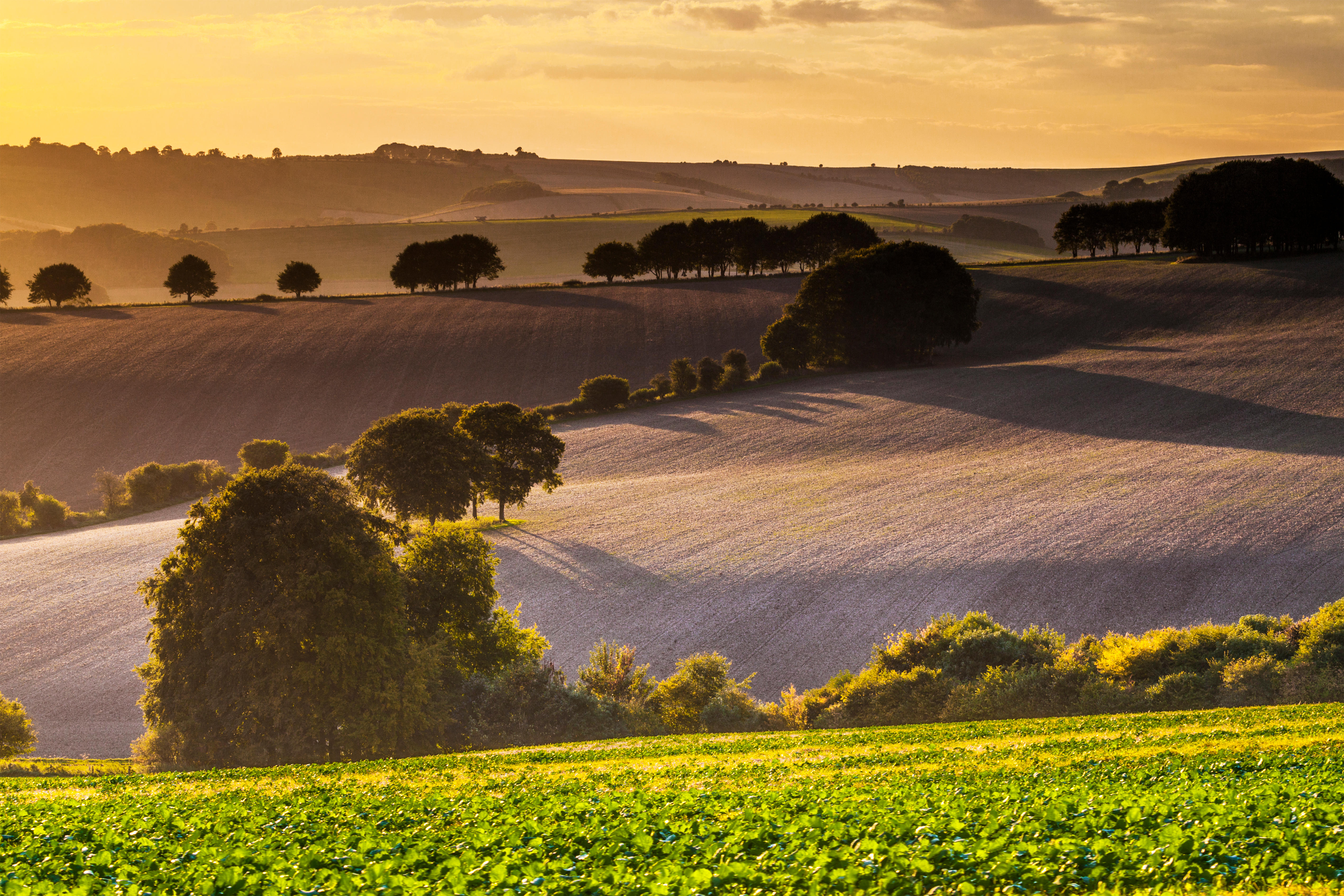
"Hippocrates's advice — 'if you're in a bad mood, go for a walk' — would have me constantly perambulating"
Jonathan Self on the End of the World, ancient battlegrounds and friendly pigs.

Jonathan Self: 'Our early potatoes aren’t going to be that early'
Between a late start and back-breaking work, Jonathan Self tries his hand at growing the humble spud.
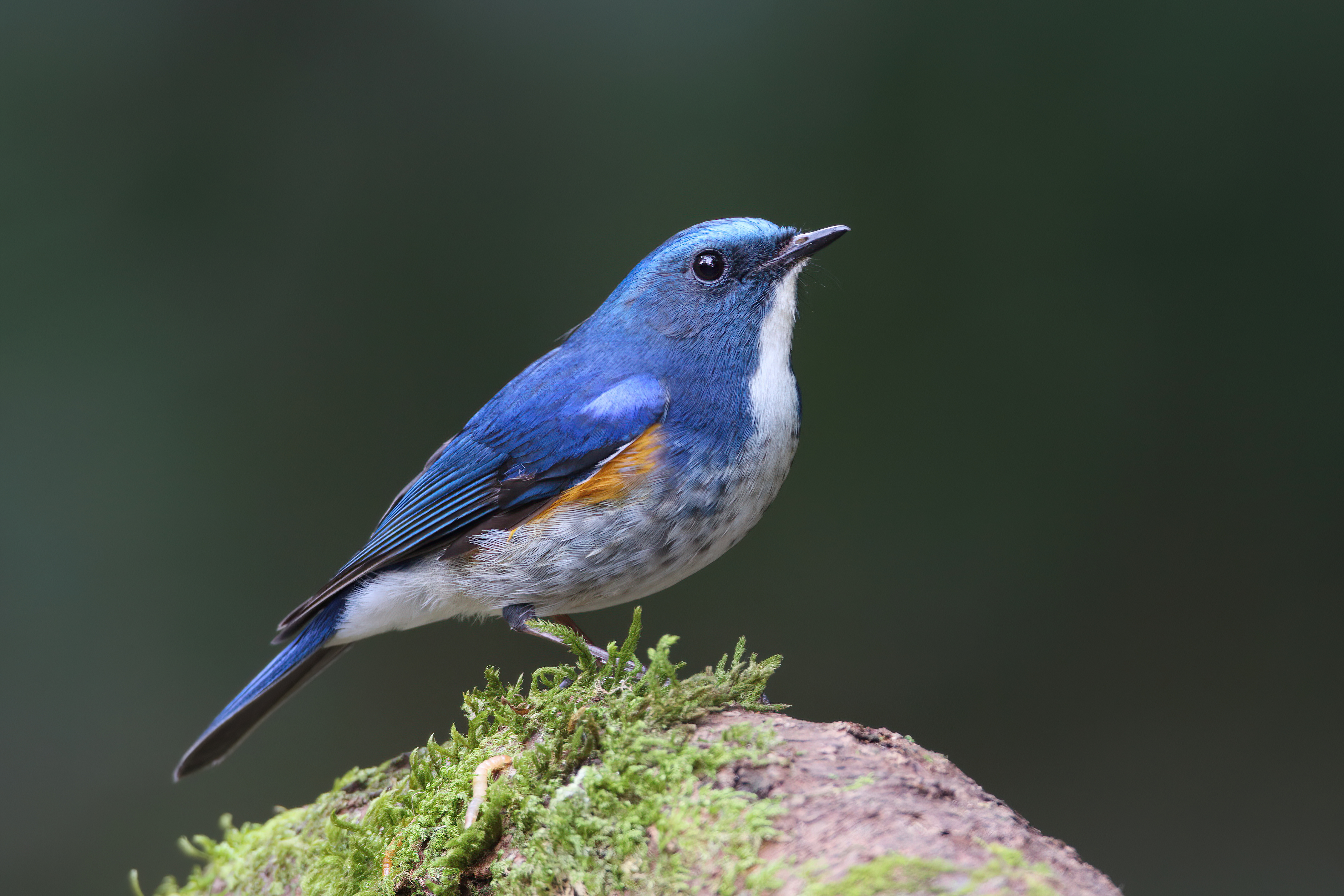
Jonathan Self: 'Everyone deserves to engage with Nature, but enough is enough'
Jonathan Self muses on birds with bad sense of direction, militant ramblers and the plight of a camel-herding nomad.
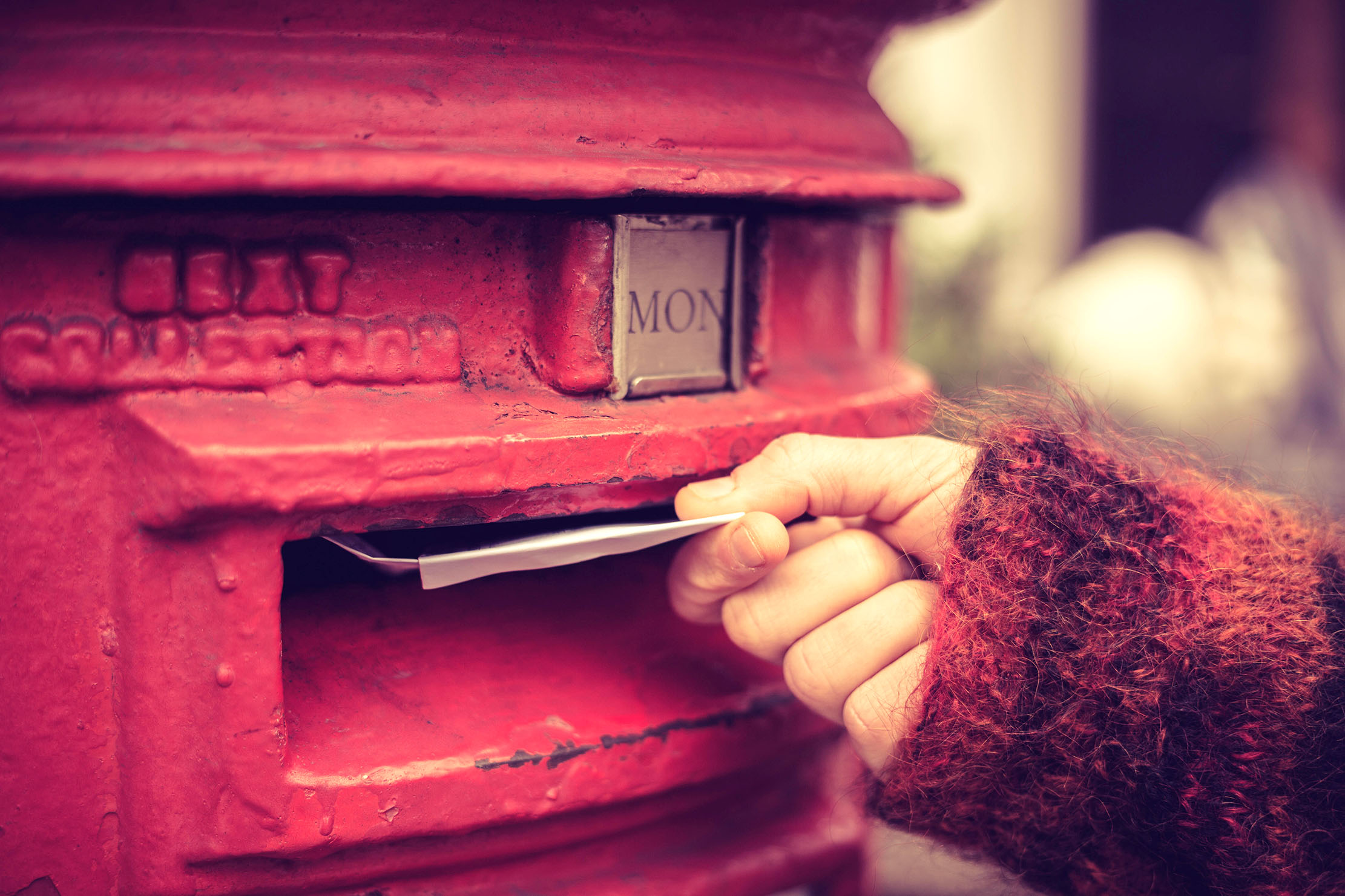
Credit: Alamy Stock Photo
Jonathan Self: Our postman delivers 1,000 items a week — and less than 50 are 'real' letters
Jonathan Self laments the fact that we're losing the art of writing letters.
After trying various jobs (farmer, hospital orderly, shop assistant, door-to-door salesman, art director, childminder and others beside) Jonathan Self became a writer. His work has appeared in a wide selection of publications including Country Life, Vanity Fair, You Magazine, The Guardian, The Daily Mail and The Daily Telegraph.
